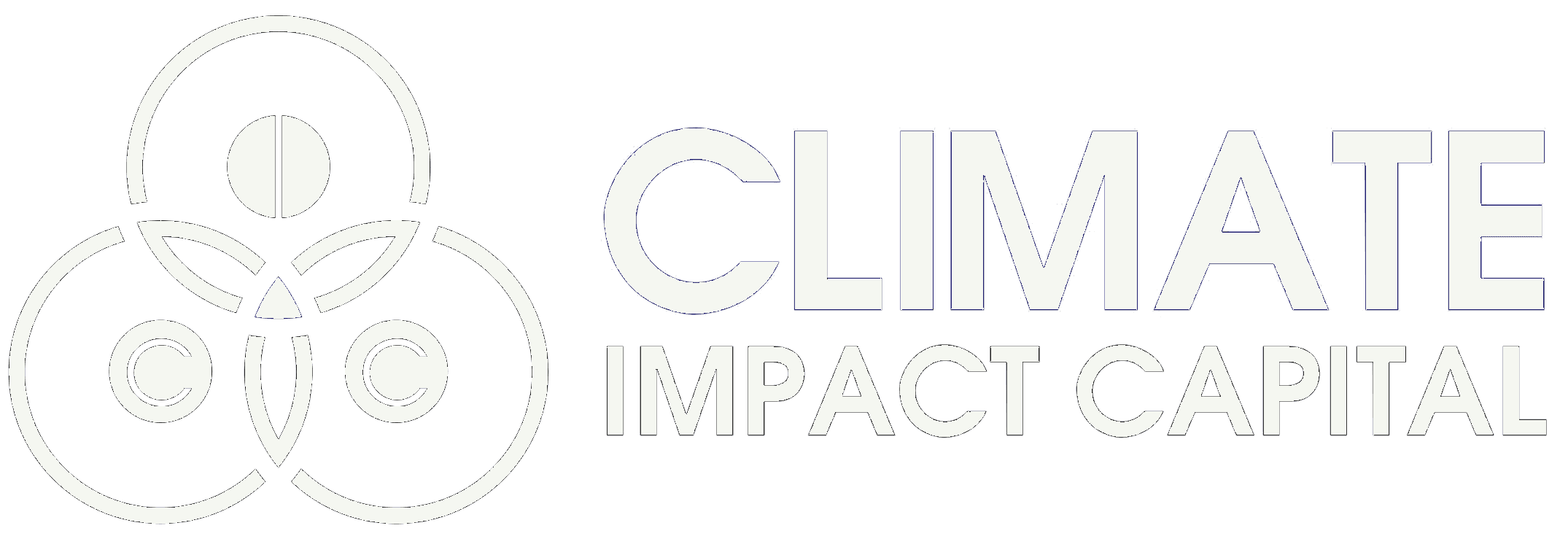Tesla will close both its Fremont, California factory, where it produces electric vehicles, and its Buffalo, New York factory, where it produces solar and energy storage products, the company said Thursday.
The decision to shutter operations in those two states comes after urging from local governments. On Monday, six San Francisco Bay Area counties — including Alameda County, where the Fremont plant is located — enacted “shelter in place” orders.
Tesla CEO Elon Musk told employees in an email that night that he would “personally be at work” despite the order, which went into effect on Tuesday. In its Thursday statement, Tesla acknowledged meetings with local, state and federal officials over the last several days. On Friday, New York ordered all nonessential businesses to close and asked residents to stay home as much as possible.
Tesla’s California vehicle factory will officially suspend work aside from “basic operations” on March 23, and the Buffalo factory will also stop work aside from producing “parts and supplies necessary for service, infrastructure and critical supply chains,” Tesla said. The company’s Nevada Gigafactory will remain open, and Tesla said its cash on hand “is sufficient to successfully navigate an extended period of uncertainty.”
That uncertainty has consumed the entire renewable energy industry as shutdowns begin to roil markets in the United States and Europe. Though many factories in China, where much of the solar supply chain is located, have begun to start back up, developers elsewhere are beginning to confront the possibility of a downturn in demand and project delays on other continents impacted by the pandemic.
Will U.S. solar manufacturers shut down?
Though Tesla is the only crystalline PV cell producer located in the U.S., the impact of the temporary closure in Buffalo will be muted. Panasonic, the company’s partner in the plant, said in February it was readying to exit the plant, suggesting cell production would cease there. But the pause in production could foreshadow similar decisions from other U.S. solar manufacturers.
“The actual impact of the production suspension is limited to only Tesla and Panasonic branded modules. They have a small market share in the residential solar market, which is expected to take a hard hit by the measures to curb the spread of the virus,” said Xiaojing Sun, a senior solar analyst at Wood Mackenzie Power & Renewables.
“The interesting question here is [whether] other solar module producers in the U.S. follow…suit. As of this Thursday, they are all still producing modules like business as usual. It’s worth pointing out that all the Tier 1 module makers’ American plants are located in counties with confirmed coronavirus cases.”
On its last quarter earnings call, Tesla noted the likelihood of a slight delay in ramping its Shanghai Gigafactory. The company did not respond to request for comment on the specific status of its global Gigafactory operations but said broadly in its Thursday statement that operations at other facilities would continue.
Tesla’s U.S. closures come after Musk expressed significant skepticism about the severity of the coronavirus outbreak on Twitter. On March 16, the day before several California counties asked residents to stay at home except for essential activities, Musk tweeted that the “danger of panic still far exceeds danger of corona.” Public health experts disagree.
More recently, in a Twitter exchange with New York City Mayor Bill de Blasio, Musk floated the possibility of making ventilators for hospitals in need. It’s unclear when and if those plans will move forward, although the mayor’s office told CNBC they had reached out to Musk to discuss.

